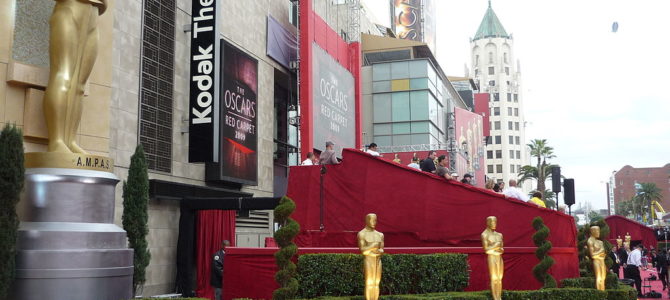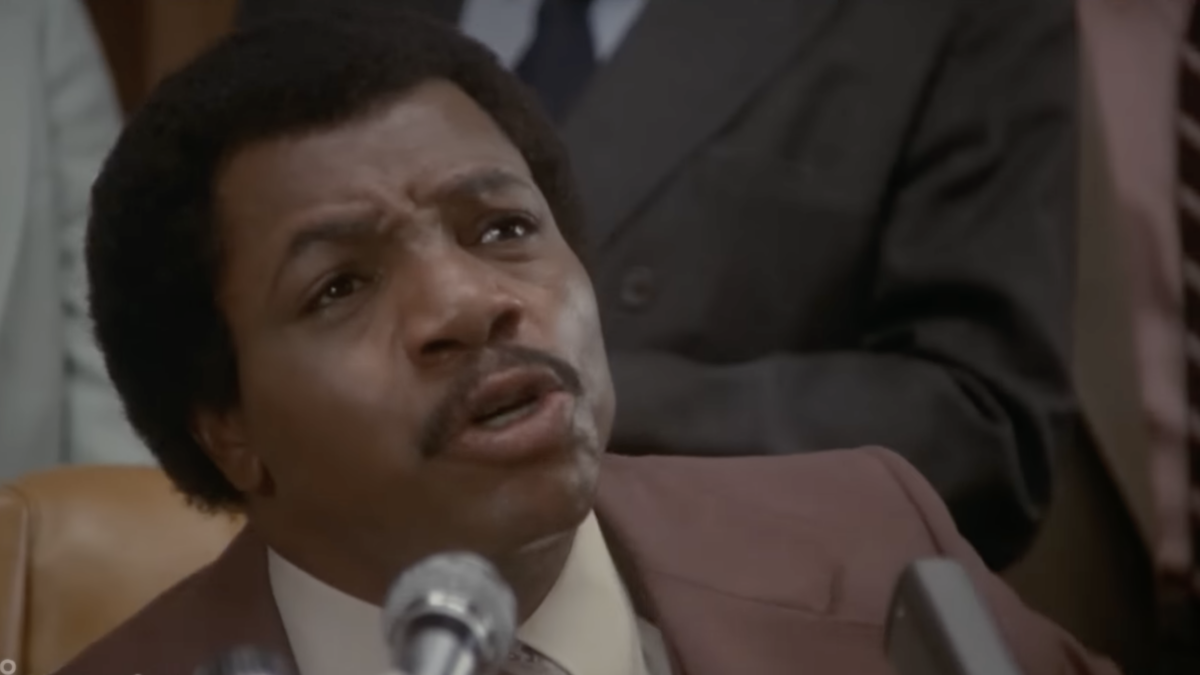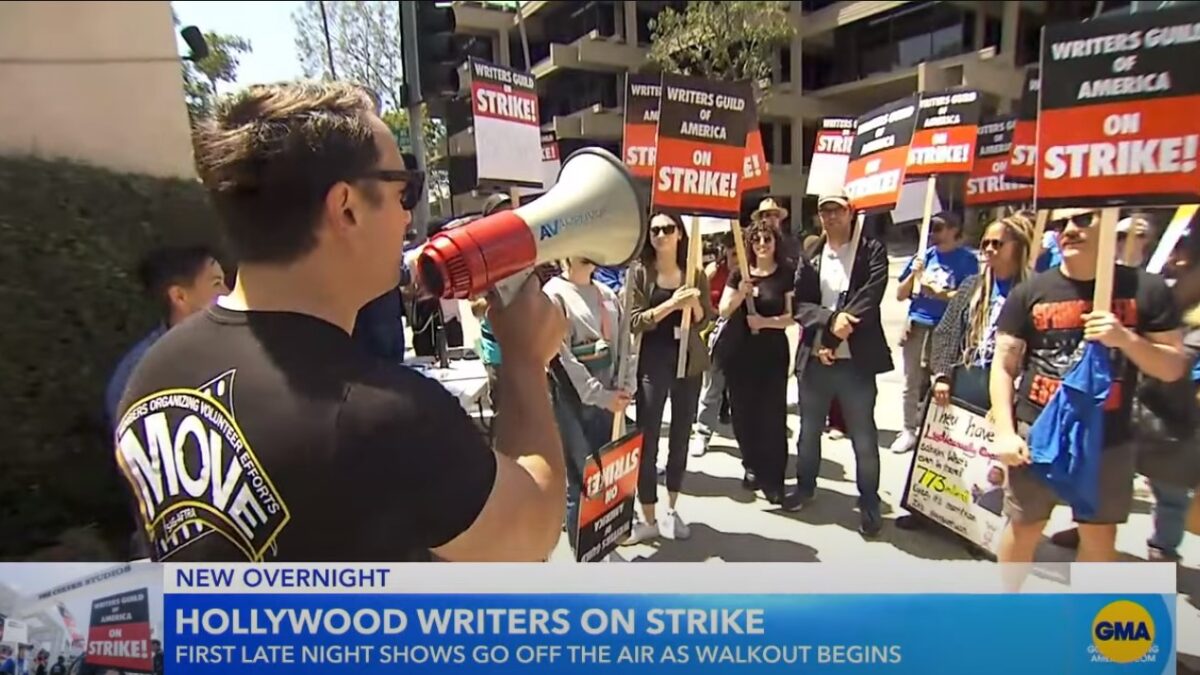
The Academy of Motion Pictures has announced some changes coming soon to the Oscar ceremonies. In addition to moving the date to an earlier Sunday in February and keeping the show to a consistent three hours, they are adding a new category to celebrate the “Most Popular” films. The parameters for eligibility have not yet been announced, and it isn’t entirely clear if this category will be awarded at the 91st ceremony in February 2019, or the following year.
If the new category will apply to 2018 films, that would make movies like “A Wrinkle in Time” and “Black Panther” eligible. After an impassioned plea from many in Hollywood, including Oscar winner Brie Larson, to diversify film writers and critics, it seems this new “Popular Film” category could benefit high-grossing films that may not have fared well with critics.
Larson famously declared, “I don’t need a 40-year-old white dude to tell me what didn’t work about ‘A Wrinkle in Time’…It wasn’t made for him! I want to know what it meant to women of color, biracial women, to teen women of color.” The Academy has already responded to pressure to increase minority races in their voting membership by inviting 928 new members with a strong emphasis on adding more women and people of color.
More importantly to the Academy, the February 2018 awards show drew some of the lowest viewer numbers of all time, and drug on for almost four hours. It was clear that something needed to change, so arbitrarily adding a category to award movies that many people see might seem like an appropriate move.
However, the Best Picture category expanded from five nominees to ten possible nominees in 2009, and that didn’t help at all. Academy President Sid Ganis explained the larger category as “Having 10 Best Picture nominees is going to allow Academy voters to recognize and include some of the fantastic movies that often show up in the other Oscar categories but have been squeezed out of the race for the top prize.”
While this statement seemed to indicate more award possibilities for more popular films, in 2017, not one of the nine Best Picture nominees cracked into the top-ten-grossing films of the year. In fact, of the 136 films nominated for Best Picture since the 71st Academy awards in 1999, only 15 were among the top-ten-grossing films for the year.
A stunning 62 Best Picture nominees from the past 20 years weren’t even in the top 50 moneymakers for their respective years. Of the 200 top-grossing films of the past 20 years, 42 have been animated, 28 have been Marvel or DC comic book movies, eight have been Harry Potter movies, six were Star Wars movies, five were part of the Twilight franchise, and four were installments of Disney’s “Pirates of the Caribbean.”
The Harry Potter franchise grossed a whopping $7.7 billion worldwide, while the Best Picture winners over those same years made a combined $1.7 billion. These big-budget franchise films do so well because it gives their fans a chance to take a break from the monotony and unpleasantries of life. The heavily politicized Academy Awards does the opposite of this, especially in recent years.
The movies that break records and sit at the top of the box office week after week don’t need to win an Academy Award. They’ve already been given the award of huge amounts of money. Creating a new category just to include “Transformers” and “The Fast and The Furious” isn’t rewarding fans of film, it’s a cry of desperation to get more people to care about an awards show that is notorious for boring people to tears with identity politics, an endless barrage of commercial breaks, and meandering acceptance speeches.
In the early years of the Academy Awards, the nominees were much more representative of what the public loved. The romantic days of fan-favorite films being awarded during a glitzy telecast full of laughter, glamor, and your favorite movie stars are long gone. The modern version is yet another platform for highly visible people to try to rally their fans in support of a political movement. A new category for “popular movies” will not revive the spirit of the Oscars.









